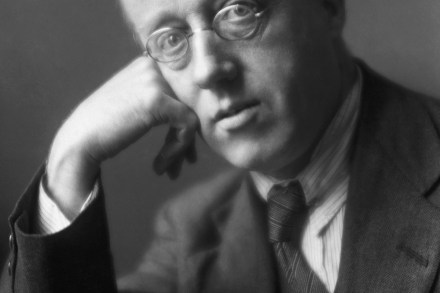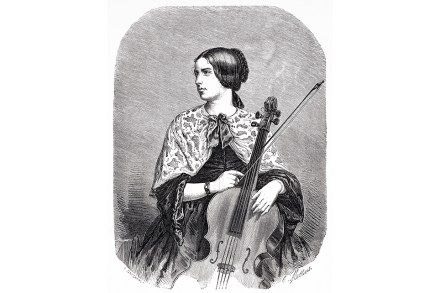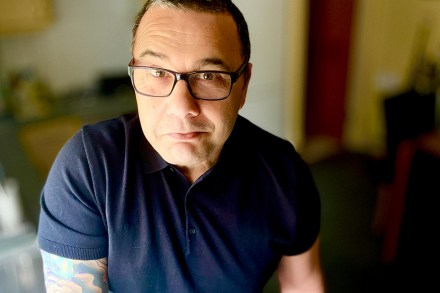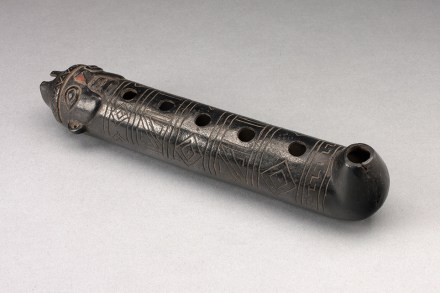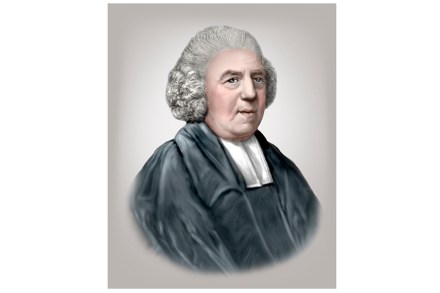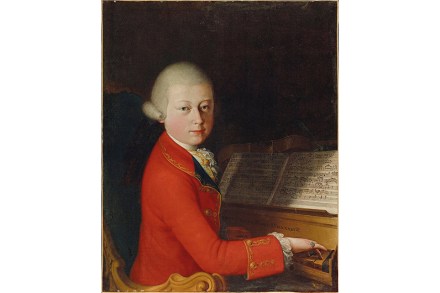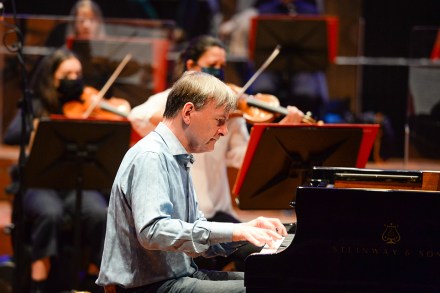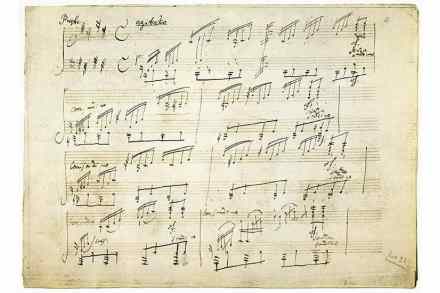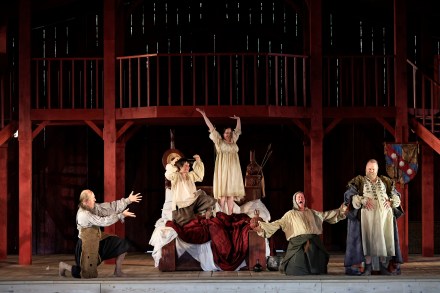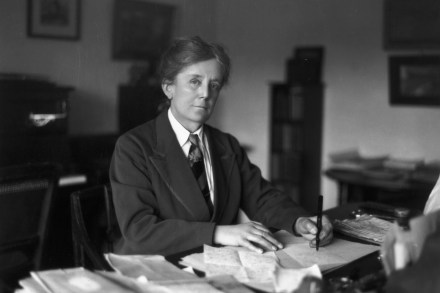Robin Holloway lambasts some of our most beloved composers
Irreverent, outspoken and unfailingly opinionated, with knowledge as broad as his vocabulary, Robin Holloway is exactly the person you’d want to sit next to at a concert. The warmest of interval chardonnays would spontaneously chill and fizz at his exhilarating put-downs; the music would be brighter, clearer and more compelling for his idiosyncratic analysis. But
